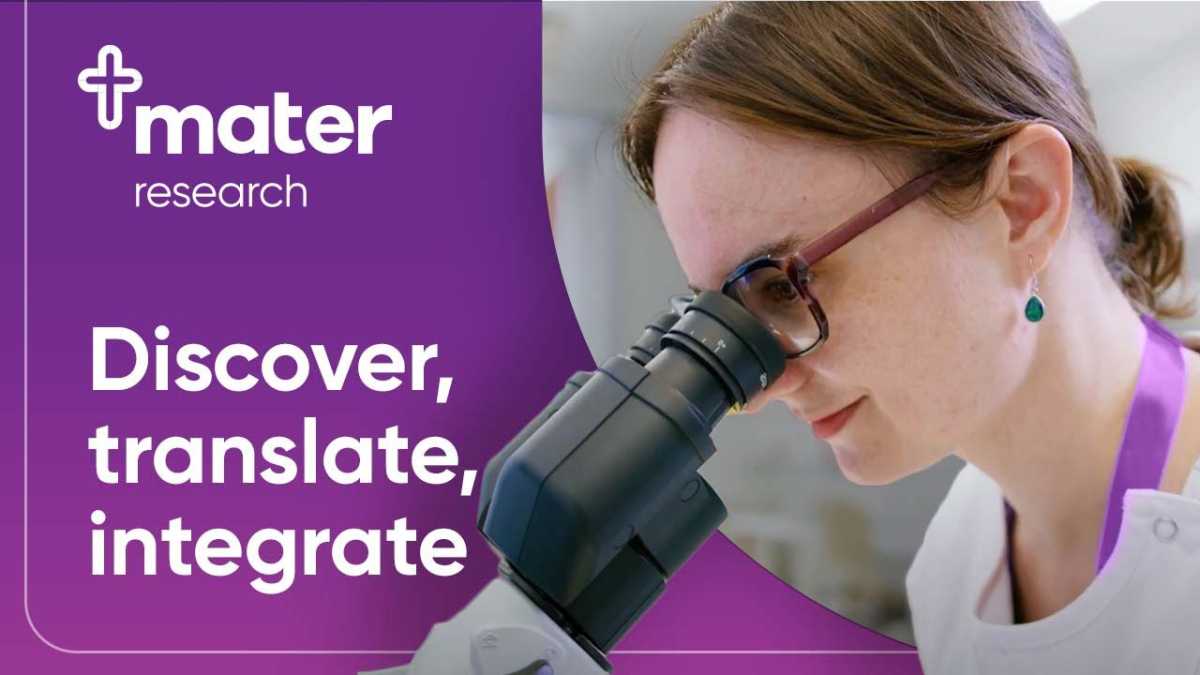Health
Mater Research Scientists Making Strides in Ovarian Cancer Vaccine Development

After embarking on a journey to explore the world, Tora Murphy, a 24-year-old woman from Brisbane, received devastating news just seven weeks into her travels: she was diagnosed with stage three ovarian cancer, a shocking revelation that led her to cut her trip short.
Following her return, confirmation of the ovarian cancer was made, prompting Murphy to undergo surgery to remove an 18-centimetre tumour as well as a full hysterectomy
.
“I didn’t even know that people like me could get cancer,” Murphy expressed, shedding light on her unexpected battle with the disease that claims the lives of 1000 Australian women annually, with a five-year survival rate of 49 percent.
Despite the uncertainty that looms over her, Murphy finds solace in the groundbreaking efforts of Mater Research scientists, particularly Professor Kristen Radford, who are directing their focus towards targeting molecules on dendritic cells, a key trigger in the immune system.
Professor Radford shared with 9News, “We think that by focusing on that cell type in particular, that we’ll be able to actually make a vaccine to help fight that disease and to eventually help prevent recurrence.”
Thanks to the generous contributions amounting to $670,000 from the Ovarian Cancer Research Foundation, the vaccine development project has been well-funded and is making significant strides towards finding a solution to combat ovarian cancer.
Georgie Herbert, a representative from the Ovarian Cancer Research Foundation, acknowledged the dedication of the community in raising funds for the cause, noting the various fundraising activities such as walks, runs, and even head-shaving initiatives.
In a touching gesture of support, Murphy’s partner and friends are set to embark on a 100-kilometre walk in May to raise funds in her honor, highlighting the impact of community-driven initiatives in advancing research and support for those affected by ovarian cancer.












